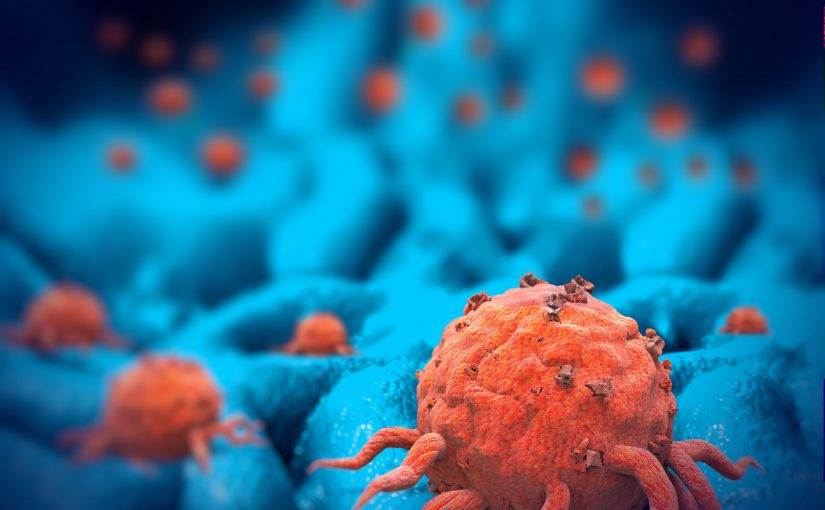Pancreatic cancer is set to be the second biggest cancer killer in Australia by 2030 but researchers hope global efforts to improve diagnosis will slow down mortality rates.
Pancreatic cancer is more common in high income countries including the USA.1 Lifestyle factors, such as smoking, contribute to the condition. Diabetes is also a risk factor, however, not enough is known about how the disease can be prevented.
Professor Sean Grimmond is Director of the University of Melbourne Centre for Cancer Research at the Victorian Comprehensive Cancer Centre. He described pancreatic cancer as ‘arguably the cancer with the greatest unmet need, because the survival rate once diagnosed is one of the worst of all tumours.’
According to support organisation, Pancare Foundation, it is estimated that 3,364 new cases of pancreatic cancer will have been diagnosed in Australia by the end of 2018.2
Two thirds of people with pancreatic cancer die within the first year, and only 8.7% of patients survive five years after their diagnosis. Pancreatic cancer has the highest mortality rate for all major cancers.
Prof Grimmond says the nature of the disease makes it difficult to treat, as most pancreatic cancers are aggressive.
‘These fast-growing cancers have a genetic defect that acts like a jammed-on accelerator, but the most common mutation in cells that promotes growth is currently not druggable. With other mutations we have been able to use drugs that slow down the gene and they either go into suicide mode or the immune system cleans them up.’
Doctors cannot currently predict which pancreatic lesions will turn cancerous and which will cause no harm. The research of Prof Grimmond and his team is set to change that.
‘We are creating an atlas of premalignancy. So we can determine when mutations might occur that will lead to cancer. This will help us to develop diagnostic tools.’
The hope is to create a pathology test that could act as a screening tool for those who may be at risk.
Screening programs have been shown to be effective at improving outcomes for other types of cancer including cervical cancer, breast cancer and bowel cancer.
While there is a known association between pancreatic cancer and Type 2 diabetes, research is ongoing to pinpoint if this is an early indicator of cancer developing, or if diabetes occurs as a result of the cancer, and how this knowledge could be used to help patients.
Survival rates for pancreatic cancer have seen little improvement in the past 40 years, but researchers are hoping to change this by learning more about the cancer and how it could be better detected and treated.
Pancreatic cancer develops from lesions in the pancreas. These are relatively common, particularly in people over 60, however, they do not always lead to cancer.
One of the biggest challenges is diagnosing the disease early. Patients currently need medical imaging such as a CT scan to identify lesions, after which a biopsy is taken and analysed by a pathologist looking for signs of cancer.
Depending on the pathologist’s findings, surgeons may take action to treat or remove lesions or put the patient on a ‘watch and wait’ regime, where repeat biopsies are taken annually so pathologists can check for cancer developing.
Prof Grimmond says, ‘The big challenge is that pancreatic cancer is usually asymptomatic until the late stages when patients present with metastatic disease. This means the cancer has spread and the chance to do surgery as the first line of treatment is gone.
‘Prevention here is the holy grail. If we could find better ways to detect early and be proactive in identifying people who are more likely to develop pancreatic cancer, we could win the war before the first shot is fired.’
The difference this will make to patients could be phenomenal.
Barry Westhorpe is CEO of Pancare Foundation, an organisation providing patient support services and advocacy for people living with pancreatic cancer and their families. He said;
‘These cancers have such poor survival rates, despite the advances in other areas of cancer medicine. Research efforts are vital to give hope to patients and their families. We know early diagnosis and a better understanding of the disease will make an enormous difference to the outcomes for people with this devastating disease.’
References:

